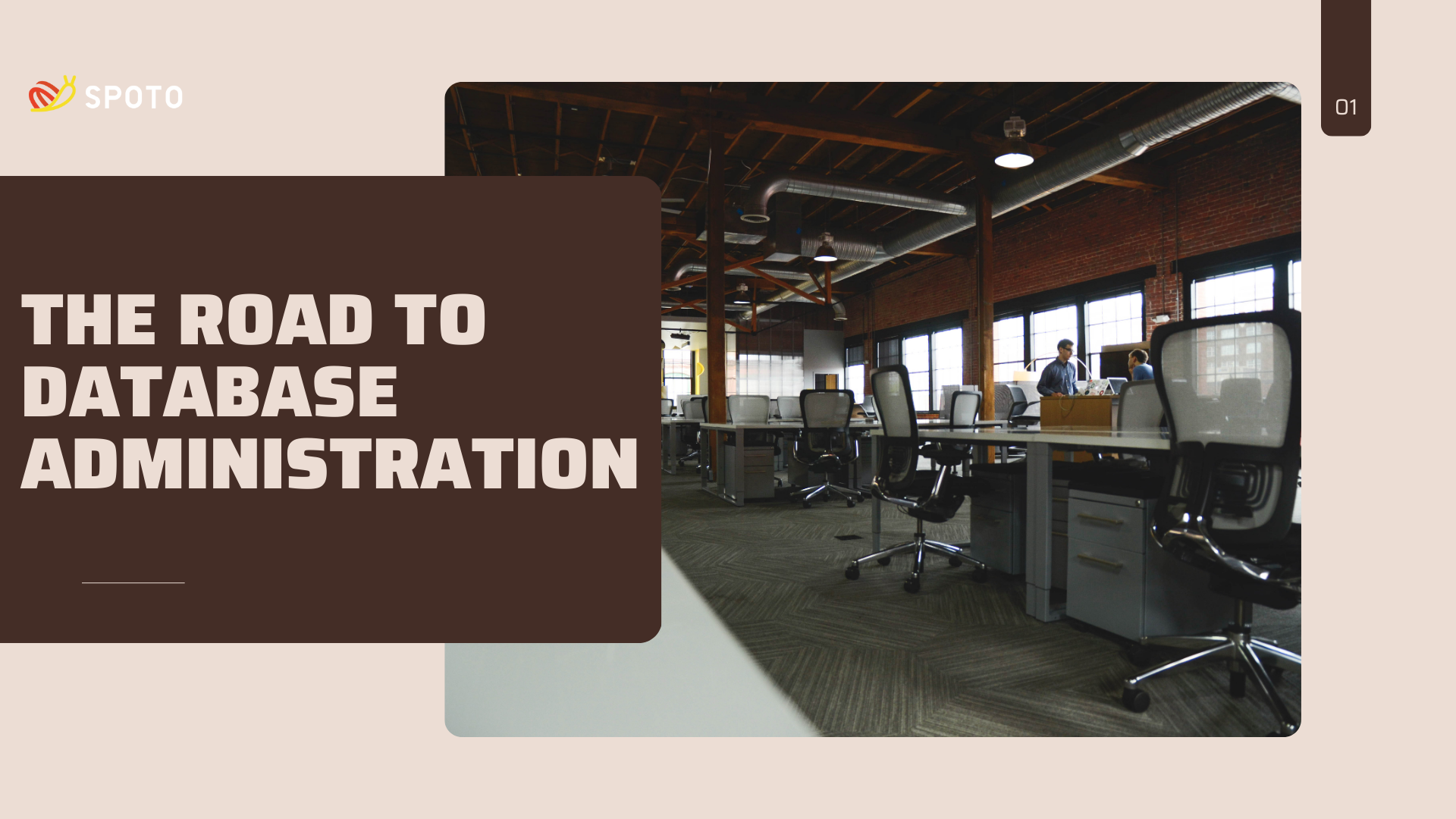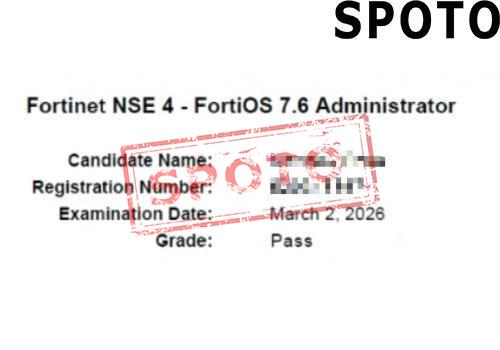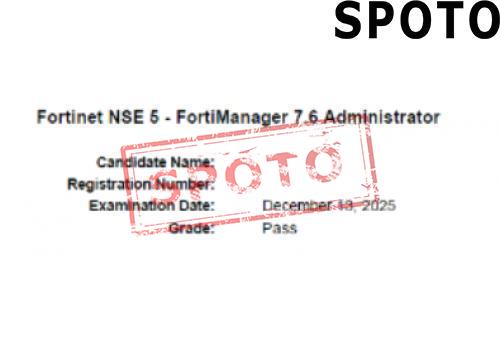
Table of Contents
Embarking on a career in database administration is an exciting journey filled with opportunities to manage critical business data and ensure seamless operations. As organizations increasingly rely on data-driven decision-making, the demand for skilled database administrators (DBAs) continues to grow. If you're considering stepping into this dynamic field, this guide will illuminate the path ahead, from understanding the role to starting your career and beyond.
1. An Overview of Database Administrator
At its core, a Database Administrator (DBA) acts as the custodial guardian of an organization’s data. They design, implement, maintain, and troubleshoot databases to ensure data is available, secure, and efficiently managed. Think of DBAs as the architects and caretakers of a company’s digital treasure trove—they build the structures, safeguard the contents, and keep everything running smoothly.
DBAs work across industries—finance, healthcare, tech, and government—and are vital for business continuity. Their responsibilities aren’t limited to technical maintenance; they also involve planning data growth, optimizing performance, and enforcing security protocols. This role blends technical expertise with strategic vision, making it a rewarding career choice for those who love solving complex problems.
2. The Details
Roles and Responsibilities of a Database Administrator
A DBA’s role is multifaceted, encompassing a variety of responsibilities:
- Database Design and Implementation: Structuring databases to support business needs and ensuring they are scalable and reliable.
- Performance Monitoring and Optimization: Regularly analyzing system performance and tuning queries or configurations to enhance speed and efficiency.
- Backup and Recovery: Developing robust backup strategies and recovery plans to prevent data loss and ensure business continuity.
- Security Management: Implementing access controls, encryption, and audit trails to safeguard sensitive information.
- Patch Management and Upgrades: Keeping database software current with patches and updates to protect against vulnerabilities.
- Troubleshooting: Diagnosing and resolving database issues swiftly to minimize downtime.
- Capacity Planning: Monitoring growth trends and planning for future storage and computing needs.
- Compliance and Documentation: Ensuring data handling complies with industry regulations and maintaining thorough records for audits.
Related Jobs:
- Data Analysts
- Data Engineers
- System Architects
3. Why become a Database Administrator?
Salary and Job Outlook
The tech industry's rapid expansion translates into lucrative opportunities for DBAs. According to industry reports, the median salary for a database administrator is competitive and tends to increase with experience and certification. For instance, in the U.S., salaries often exceed 90,000 annually.
Moreover, the demand for DBAs is projected to grow steadily over the next decade. As data continues to be the new oil, organizations are investing heavily in data management, security, and compliance—ensuring that skilled DBAs remain highly sought after.
Career Growth and Job Stability
As you gain experience and expertise, opportunities for advancement expand. You might move into senior DBA roles, specialize in areas like security or performance tuning, or transition into leadership positions such as Database Manager or Data Infrastructure Director. Additionally, the growing adoption of cloud technologies opens new pathways—certifications in AWS, Azure, or Google Cloud can further enhance your career prospects.
In terms of stability, the consistent need for data management ensures that skilled DBAs remain in high demand. Organizations recognize the risks of data breaches, outages, and compliance violations, making experienced professionals essential for safeguarding business operations. This demand provides a sense of job security, even during economic fluctuations, as data remains a core asset for every industry.
4. How to start a career as a Database Administrator?
Starting your journey involves a blend of education, hands-on experience, and continuous learning.
Build a Strong Foundation: Obtain a relevant degree such as Computer Science, Information Technology, or Data Management.
Learn Database Languages: Master SQL—it's the universal language of databases—and familiarize yourself with database management tools.
Get Certified: Certifications such as Oracle Database Administration Professional or cloud-based credentials like AWS Certified Database Specialty boost credibility and knowledge.
Gain Practical Experience: Engage in internships, entry-level roles, or personal projects. Set up your own databases, experiment with restores, performance tuning, and security configurations.
Stay Updated: Follow industry blogs, attend webinars, and participate in professional communities to keep pace with evolving technologies like NoSQL, cloud databases, and automation tools.
Develop Soft Skills: Effective communication, problem-solving, and documentation are essential for success in collaborative environments.
5. Conclusion
Charting a course toward becoming a database administrator can be incredibly rewarding, offering a blend of technical challenge, strategic impact, and financial stability. As data continues to permeate every facet of business, skilled DBAs will remain indispensable. By building a strong educational foundation, gaining practical experience, and staying committed to lifelong learning, you can navigate the road to a thriving career in database management.
Start today—your future as a trusted guardian of vital data awaits!










